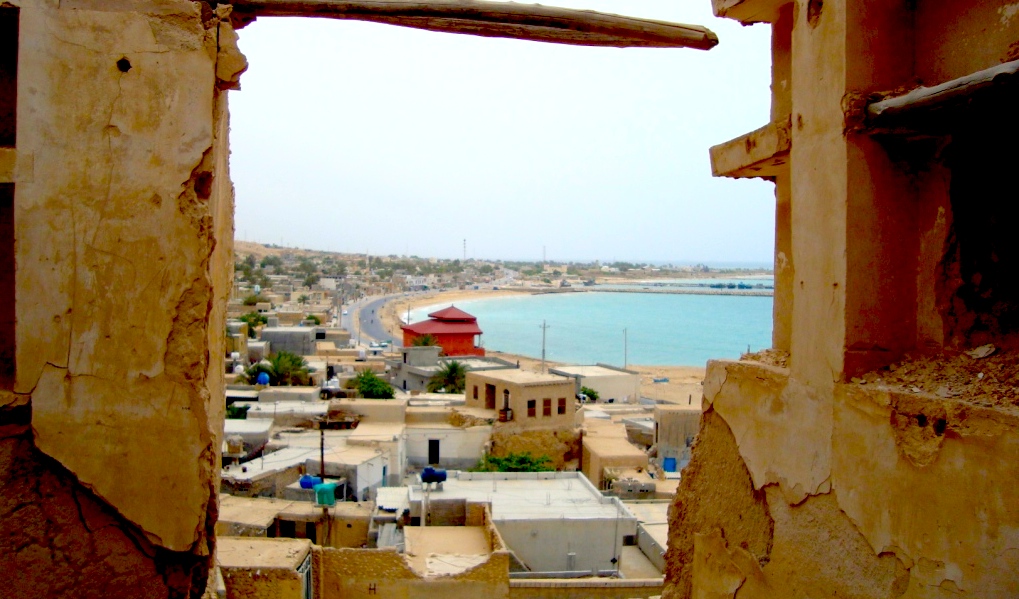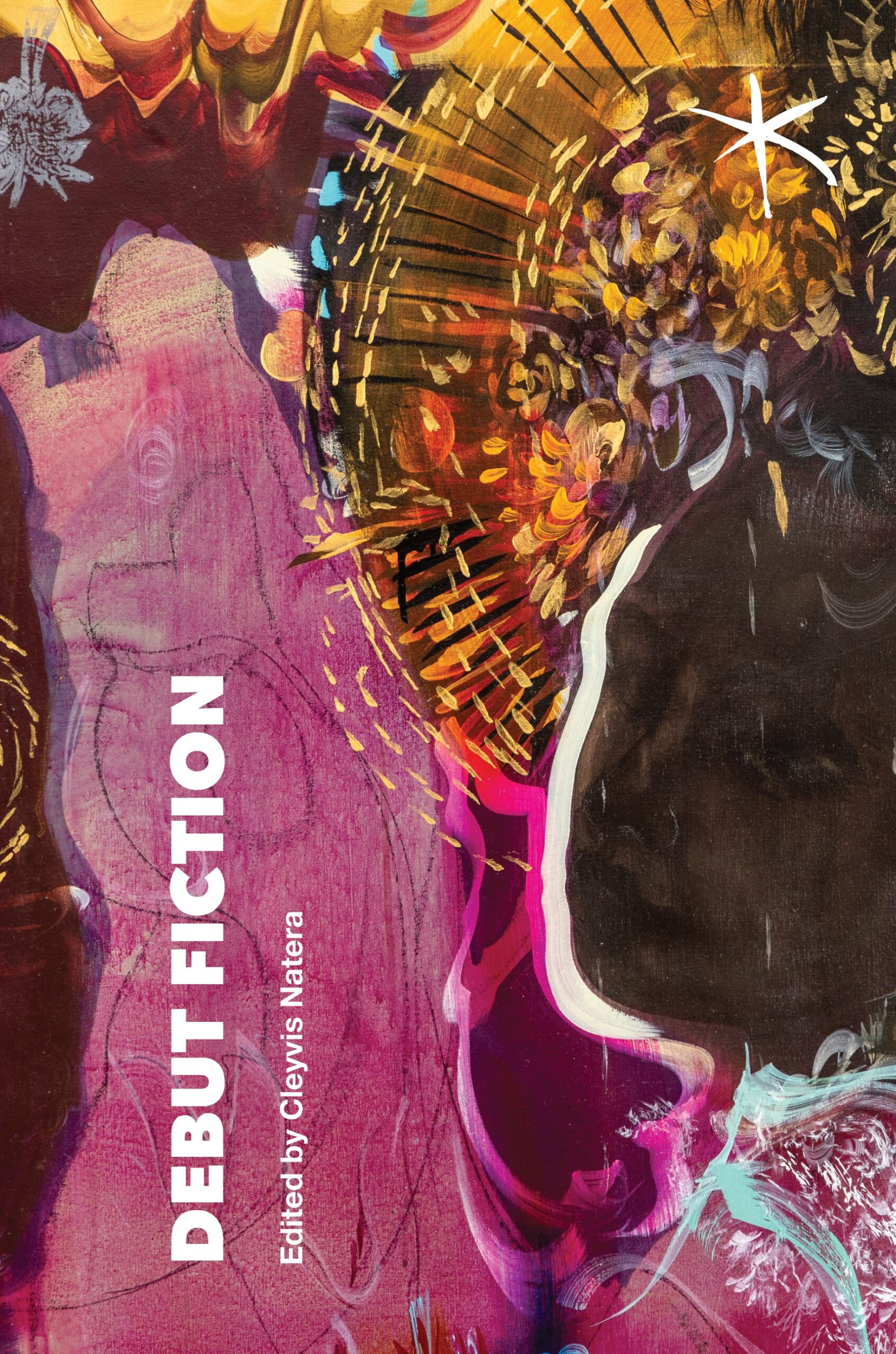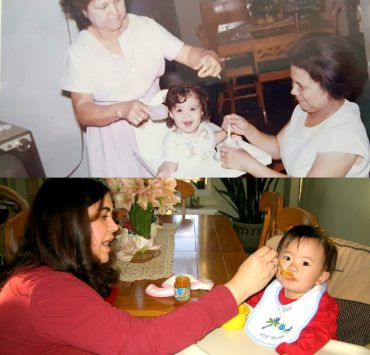
When Moniro Ravanipour speaks of home, her husky voice softens. Home for her is the ancient seaport of Bushehr in southern Iran on the Persian Gulf. There, she said, the people have a love for the land and its lore.
“My mother always told me, ‘There are two angels that sit on children’s shoulders and take care them during their lives,’” said Ravanipour, who was one of ten children. “We believed that there was a god who protected the fishermen, like Poseidon of the Greeks. We believed in mermaids. It was a special place.”
But when soldiers of the Islamic Republic barged into their home and arrested and killed her 19-year-old brother, the enchantment of her youth was gone forever.
“Why did they kill him?” Ravanipour scoffed. “For nothing, believe me. That day he might have had on red shoes, or a black shirt. During that time, they randomly arrested people. It was a way to destroy political groups.”
Ravanipour is now a novelist and writer-in-residence at the City of Asylum at the University of Nevada, Las Vegas. “This is now my second country,” she said from her office at the university. “The earth here is like my homeland. I miss only one thing, the sea.”
A long-distance revolutionary
Living in exile has been especially difficult since this summer 2010. Following the June 12 elections in Iran, incumbent President Mahmoud Ahmadinejad declared a landslide victory with only 20 percent of the votes counted. Supporters of the opposition candidate, Mir Hussein Moussavi, mounted a series of silent, peaceful protests that soon turned bloody as the government
retaliated.
Ravanipour had been using email and maintaining a website to keep up with her students back in Iran. But when the violence broke out, she swept aside her fiction writing and began a intense monitoring of the messages she was receiving from her family, friends and students still in Iran. Knowing that they did not have access to all the information she was gathering, she reposted their messages on her website in order to funnel information back to innocent protestors in Iran.
But over the months, as their communications have fizzled, she fears that something has happened to them. Perhaps they’ve been arrested or killed.
The experience has made the mythology of her homeland more poignant. “We have a fable about King Zahhak-e-Maar-Doosh, who had two snakes on his shoulders,” she said. “Every day, the snakes were fed the brains of young people. The government today is like that. They kill and imprison young people. The government lives because it is eating more than two brains a day.”
The creation of a novelist
Ravanipour knows firsthand the terror of being a young person fed to the “snakes.” Soon after her brother was killed, she was also arrested. “That day I had on glasses and a white scarf,” said Ravanipour, who was about 30 at the time. “It was my turn.”
In jail, she began to panic. “I was thinking how easily they could kill me without anyone knowing,” she said. “But if I made a name for myself as a writer, they couldn’t kill me as easily. As soon as they released me, I started writing seriously.”
Her fiction, which is characterized by magical realism, was seen as a threat by the government. “For my first story collection, I waited for six or seven years to get permission to be published,” she said. “For my first novel, I waited 10 years.”
During the 1990s, she was only able to publish two books, Koli e Kenar e Atash (Gypsy by Fire) and Siriah Siriah. Gypsy by Fire was about a young gypsy girl. A man from Tehran sees her dancing and they fall in love. When he leaves her the next day, she goes to Tehran to look for him. In the process, she finds herself.
“Always in our culture, it’s the men who go on journeys to find their girlfriends,” said Ravanipour. “The government doesn’t let a woman find herself. But I didn’t change one word.” VIEW RAVANIPOUR TALKING ABOUT CENSORSHIP.
Free to tell her stories
As a young writer, Ravanipour had hoped that her work would keep her alive. But more often than not, it has been the source of conflict with the Islamic Republic.
About a decade ago, she received permission from the government to go to Paris to read her work. When she returned, there was a subpoena waiting, ordering her to report to court the following morning. At the time, her son was only three. She and her husband debated whether Ravanipour should wake the child and say good-bye in case she never returned from the hearing.
Thankfully, she was questioned for an entire day and released. She came to the United States about three years ago, after the government started ordering that copies of her books be pulled off the shelves.
She hopes that in the United States, she can once again write stories that reveal the inner lives of ordinary Iranians. “When they killed my brother, they did not let us bury him,” she said. “In my memory, I still see my mother trying to find a place to remember him. There are mothers everywhere who will understand that story.”
She adds: “As a writer in Iran, I am a foreigner in my own country. They are looking for the enemy and I am the enemy.”
On July 23, 2009, Ravanipour gave a reading co-presented by American Shorts and City of Asylum/Pittsburgh. Following the reading, she answered questions from the audience about how this summer’s pro-democracy protests in Iran have affected her and her art.
Q: What do you think about the current situation in Iran?
A: Now Iran is completely awake. Through the news, you are seeing a new and accurate picture of my country, not the old picture that Ahmadinejad wants you to see.
The Green Movement has not been able to stop the arresting, killing and torturing. The Revolutionary Guard is putting the bodies of dead students into meat lockers. And now, there is no longer space there for new victims. Many families are asking about their children’s whereabouts and nobody is answering. When the bodies of dead children are returned, they hide all signs of torture. Sometimes they return the bodies of women who have been burned from the waist down to remove the signs of rape. This way, human rights groups will be unable to investigate the conditions of torture.
The Iranian government always speaks out about the situation in Palestine, raging against the Israeli soldiers attacking in Gaza or elsewhere. This raises the question: Show me one case where Israeli soldiers have raped a woman or young boy as the Basij have done so often in Iran. As a writer, I want to know why the Iranian and Palestinian writers have not responded to the recent events in Iran? Why do they not condemn Ahmadinejad? If human rights are necessary and good for Palestinians, it is necessary for Iranians, too.
I see a clear future for Iran. The people will continue their protests and they won’t give up, I’m sure. They aren’t following anybody. This movement is not like the movement thirty years ago. There is no leader.
Q: That is unusual for a movement not to have leaders…
A: The Iranian people are looking for basic human rights. During the past thirty years, the government has killed, arrested and tortured many, many political men and women. …The young people can’t trust anybody because they have a memory of the revolution. They were following someone and got into trouble. So after that, they began to understand that it is better not to follow anybody. It’s better to stand on your own two feet.
If I want to write my story and publish it in my country, I don’t need any leader.
Q: I wonder how the rebellion that began on June 12 will affect you as a writer down the road? And how will it affect Iranian writers who are still in the country?
A: Nothing has changed for me. Fifty years ago, they killed my brother. We were looking to find a grave for him. Now the people in Iran are looking to find a grave for their children.
I was in my country for a long time. Two years ago, I came here. Nothing has changed for me. When I started writing, I started writing about that situation, and what was happening to my country and the people.
But this Green Movement should have an effect on the writing of a new generation, because the government pushed them not to write about Iranian real life. We call that “kitchen literature.” They used to get prizes for a story about a woman and a husband in the kitchen or in the salon. Really? Are all of our problems are in the kitchen or the bedroom? What about on the streets? If we have a lot of problems inside the house, it’s because of the problems outside, you see?
Now the new generation gets it.
Previously published in sampsoniaway.
Image Credits: Malik Dohani








